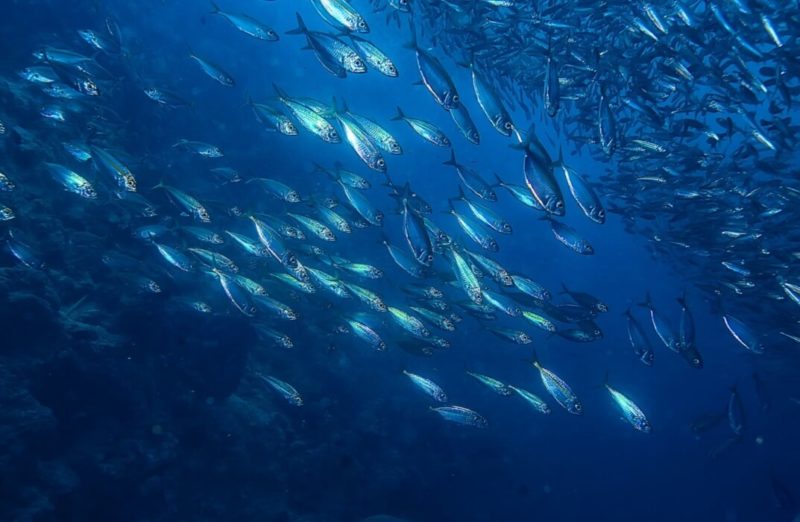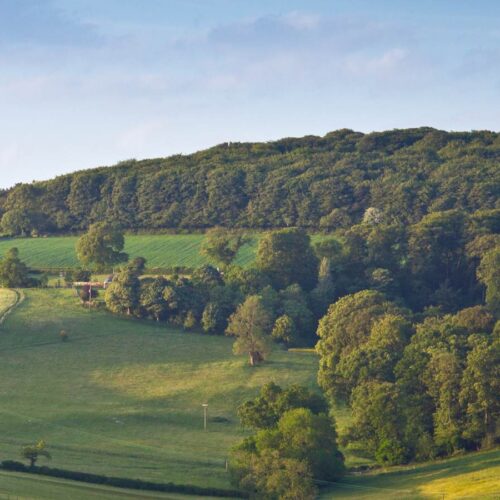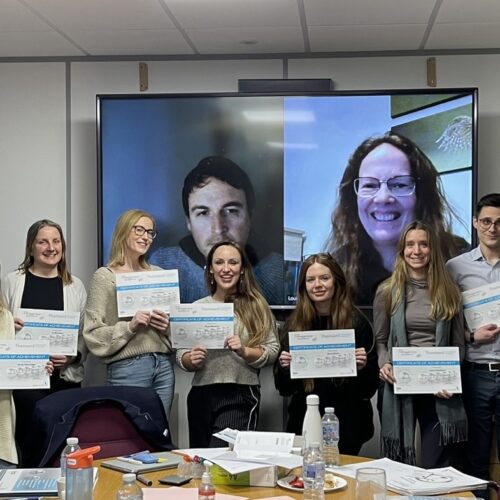At Thomson Ecology we have specialist marine and freshwater consultants who have experience in carrying out Water Framework Directive (WFD) assessments. These are their top tips for a smooth, successful WFD assessment.
- Get an environmental consultant on board early to advise and guide you through the WFD process. This can save you time and money.
- Determine a survey or sediment sampling plan as soon as possible with your consultant and the regulator.
- Give your chosen consultant as much information as possible on the work methodology to allow them to carry out a full assessment of the impact of the project on WFD parameters.
- Establish good communication with your consultant throughout the process so that what they recommend in the WFD assessment is not a surprise to you.
Key considerations for marine and freshwater Water Framework Directive Assessments
- Engaging with the Environment Agency (EA), Marine Management Organisation, and any other relevant regulator (e.g. port or harbour authority), as early as possible in the process will encourage effective communication throughout the project and determine what surveys, sampling and modelling will be required for the WFD assessment. This will also prompt the EA to share any relevant data with you to inform your assessment.
- Understanding – prior to undertaking the WFD assessment – the principal concerns that the regulator may have and proactively considering any possible design alterations or mitigation may help to limit or remove any potential impacts on the waterbody.
- Agreeing a sampling or survey plan as early in the planning stage as possible will avoid unnecessary and potentially costly delays to your project. Sampling and subsequent chemical analysis can take over three months to complete, and some ecological surveys can only be conducted within short seasons.
- Hydromorphological modelling or assessments of flood risk may be required for projects which are likely to change the physical characteristics of a waterbody, such as dredging or in-channel works or structures.
- Communication with your consultant is key as the results of the surveys, sampling and modelling may require changes to the design or methodology to mitigate any remaining impacts.
“Thomson Ecology’s WFD assessment is one of the best that we have received.”
Environment Agency, 2016
Interested in finding out more about all things Thomson environmental consultants? Sign up to receive all our communications.










